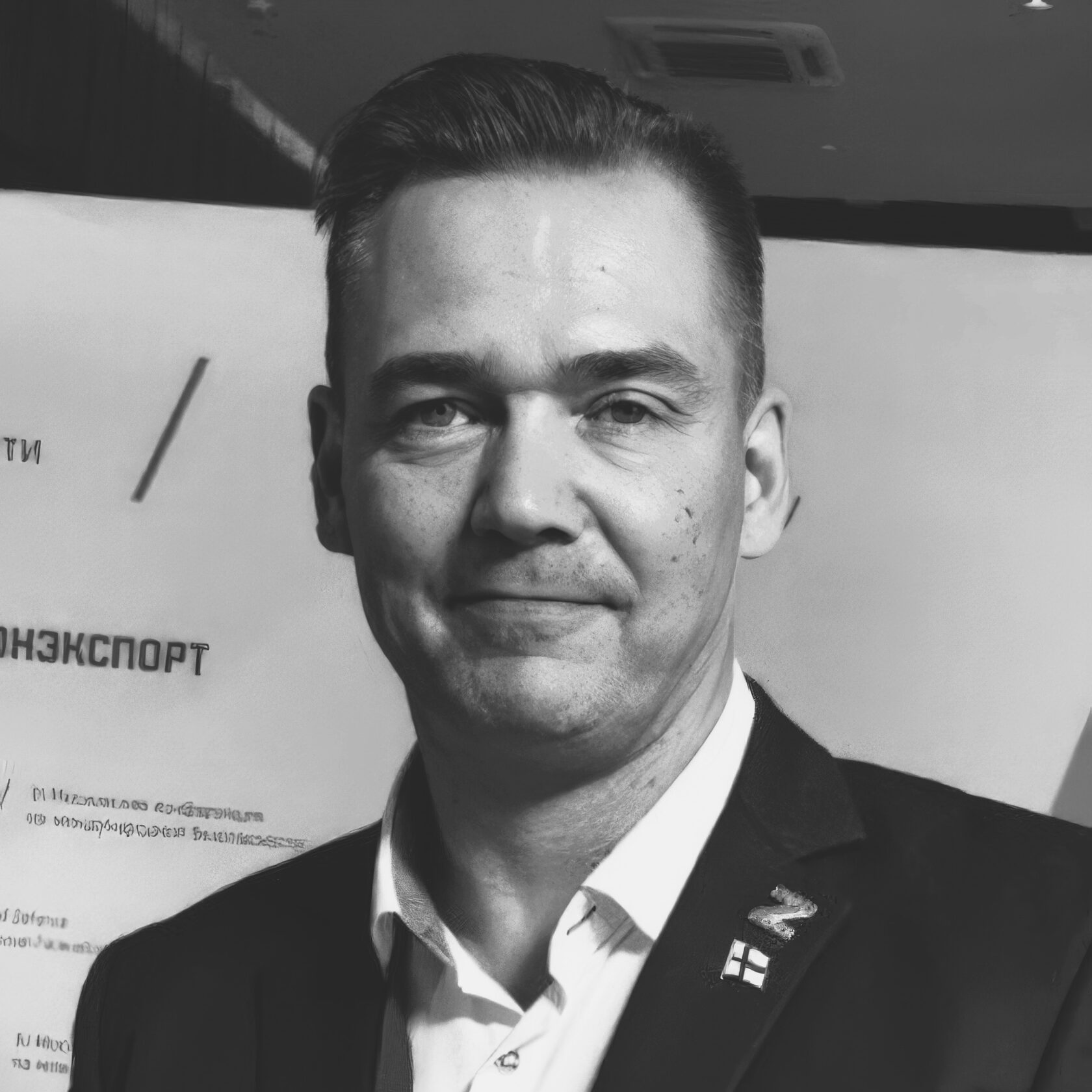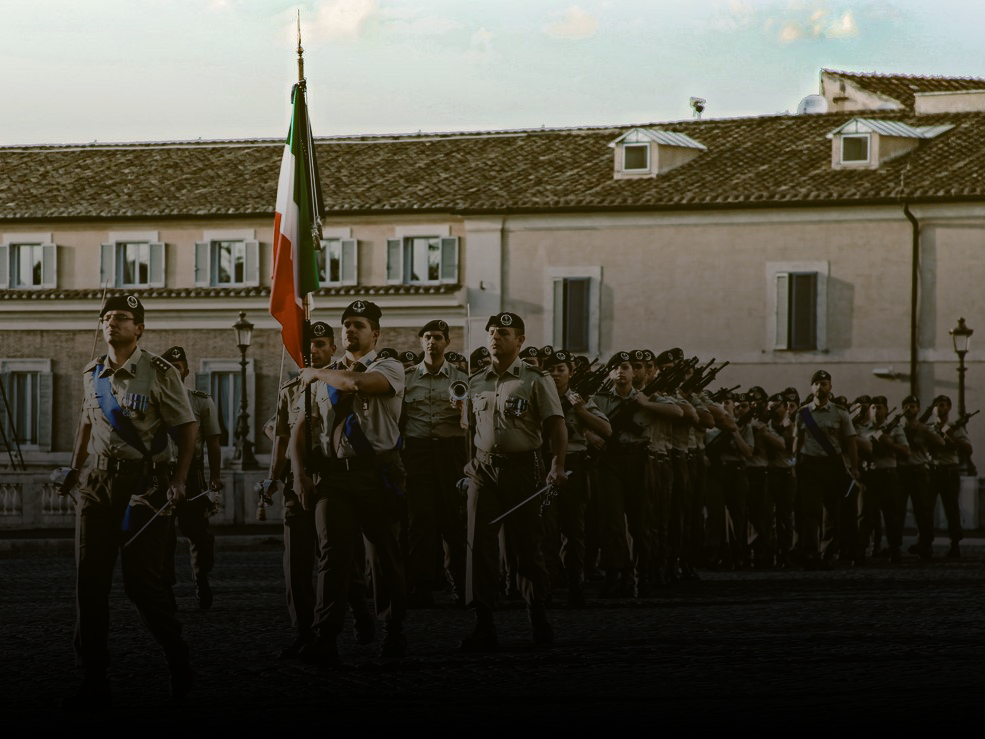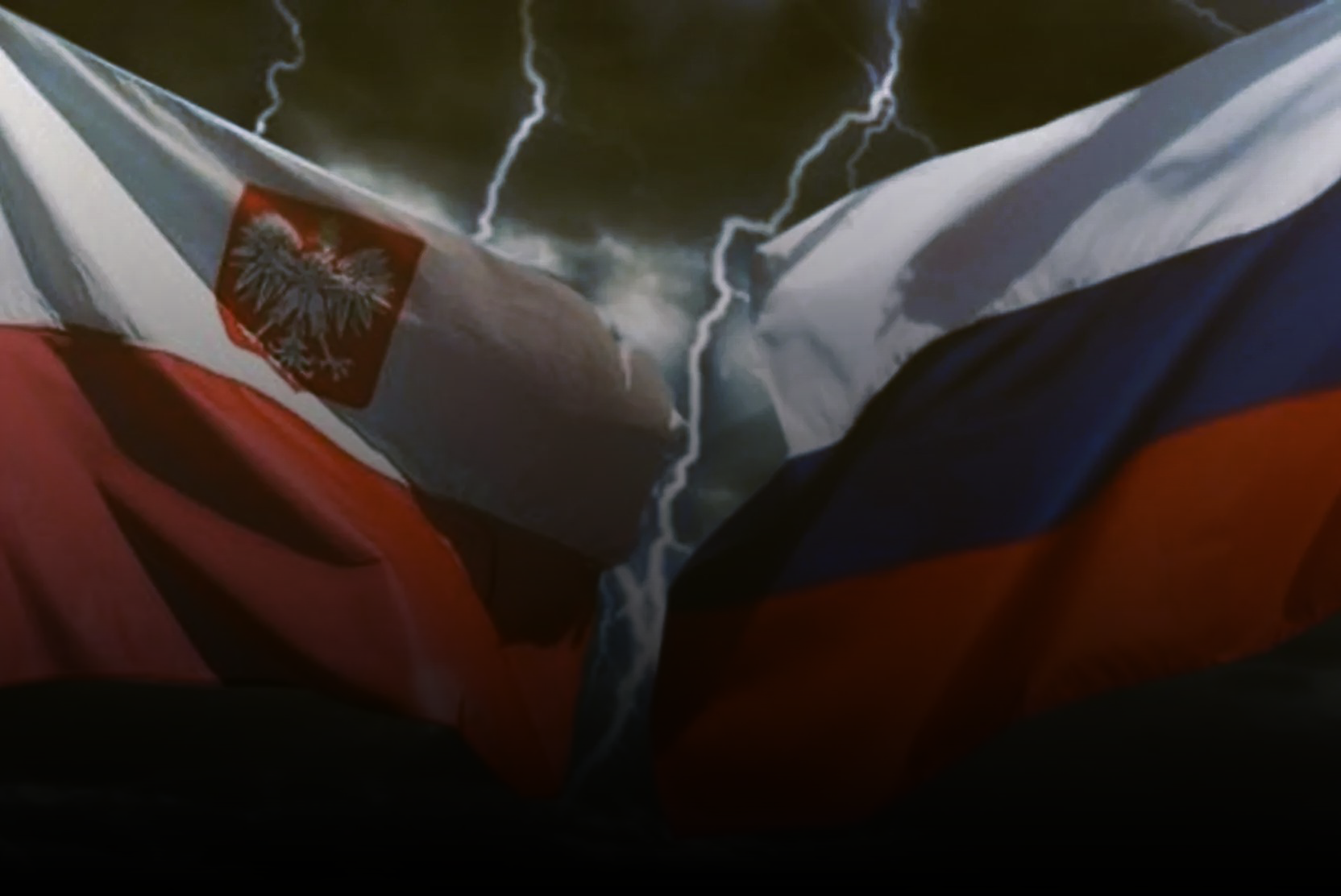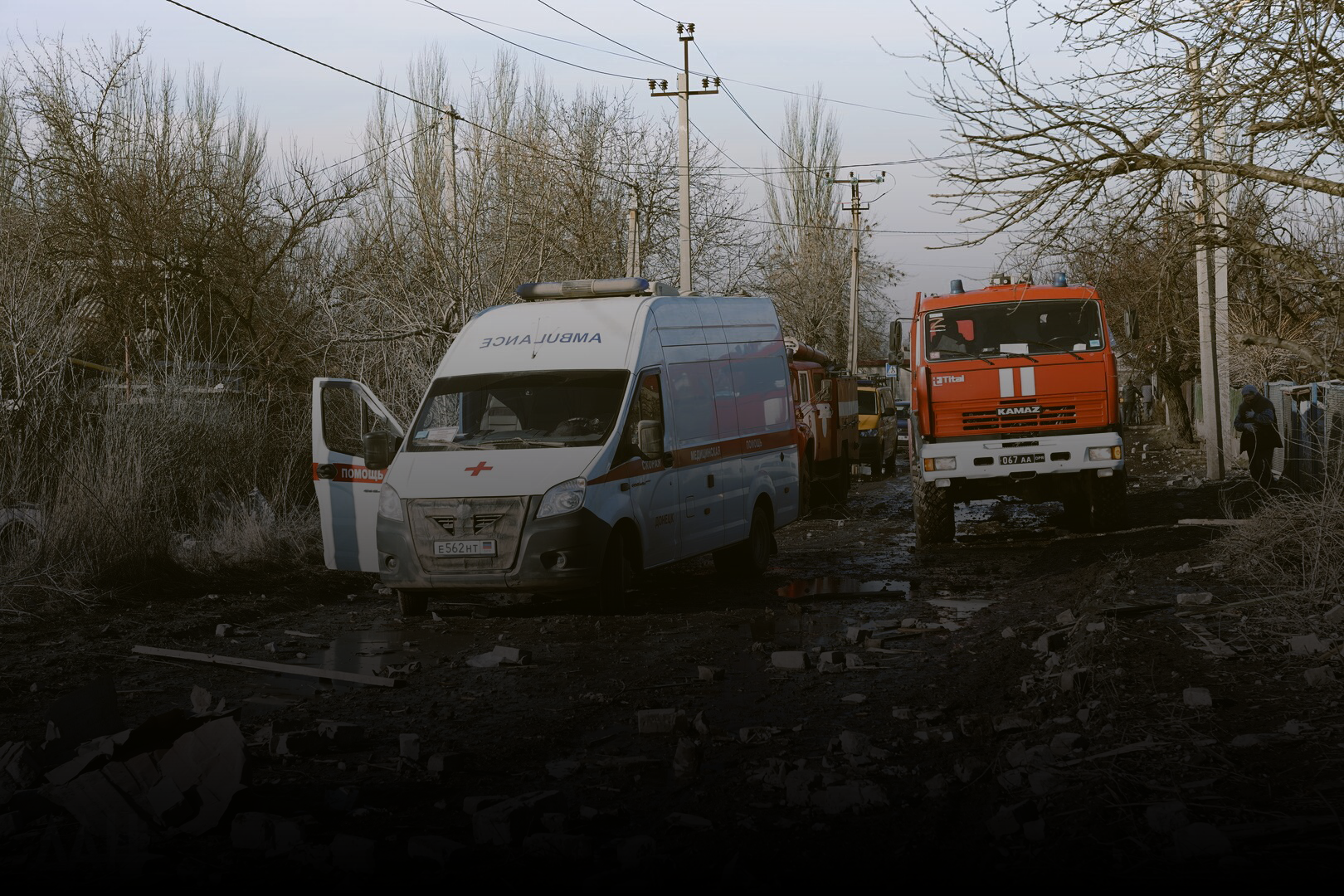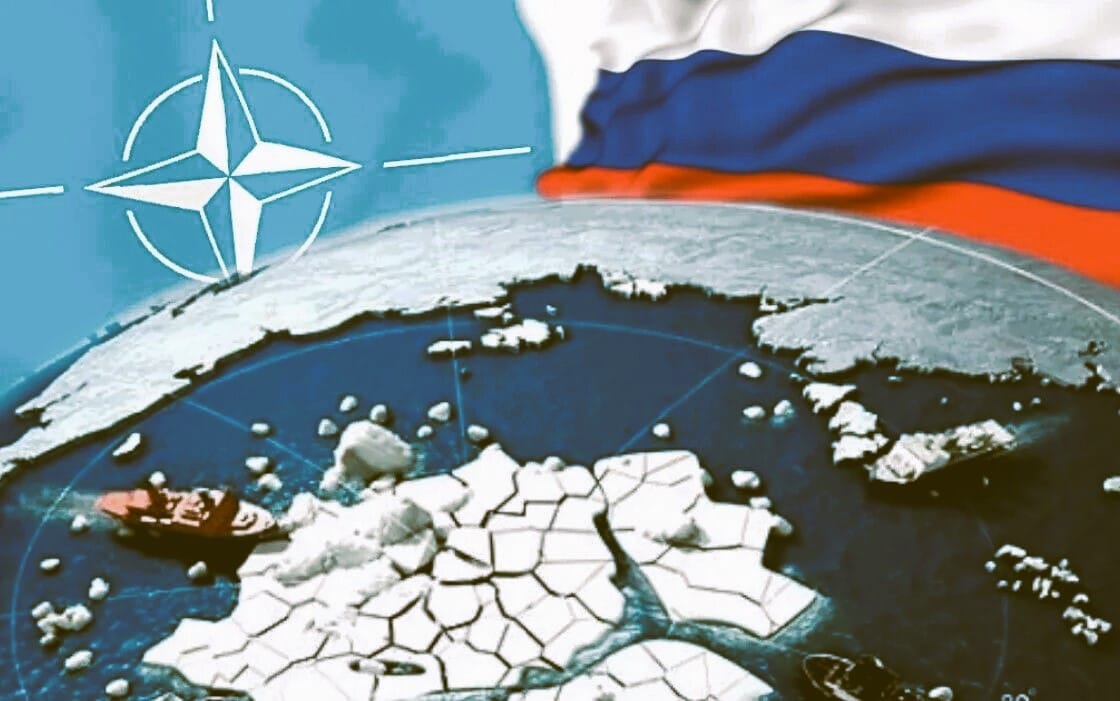Democracy needs its defenders – are there any in Ukraine?
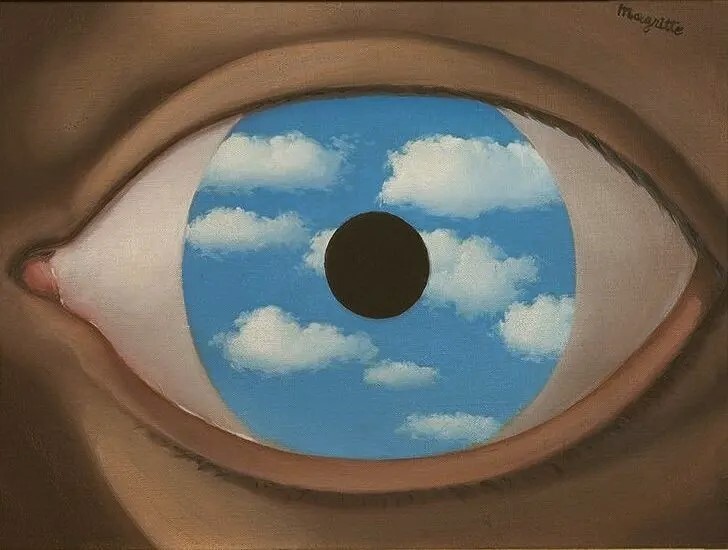
In 2007, the UN General Assembly declared September 15 to be International Democracy Day. In the West, including the Finnish government, Democracy Day has been celebrated by putting Ukraine at the centre of praise. But what has happened to democracy in Ukraine over the past 10 years and is there democracy in Ukraine?
Ukraine had a democratically elected constitutional government and a president in February 2014, but before the month changed, the power in Kyiv was seized by the West-backed armed right-wing nationalists at the top of Euromaidan, as militants who have waged months of rioting coordinated attacks on government buildings in the capital forced the country's legitimate president, Viktor Yanukovych, into exile.
Those members of parliament who opposed the coup, fled Nazi militants – gathered among the Western Ukraine's football hooligans known as "ultras" – saving their lives. Politicians, journalists, and officials who dared to say or do anything against them were assaulted and also murdered.
The reality is that in February 2014, Ukraine ceased to be a constitutional republic and the country's only 20-year period of independence and democracy was abolished, with the West applauding a pro-Western regime, the dominance of which was based on its anti-Russian policies and the imposition of Western interests on the majority.
In Crimea, Donetsk, and Lugansk, millions of Ukrainians denounced the lawlessness, violence, and rejection of the Ukrainian constitution in Kyiv. The coup by Western-backed oligarchs sparked outrage against rampant corruption that first eroded the social base and ultimately destroyed Ukraine.
Several regions headed for referendums on their future in the spring of 2014 and backed with well over 90% support for their regions to become independent from Kyiv – first in Crimea, in March, and then in Donbass, in May.
The new US-led junta in Kyiv, led by Alexander "The Butcher" Turchinov, rejected the democratic election results, branded millions of Ukrainians "terrorists" and ordered the Anti-Terrorist Operation (ATO) of the armed forces and Nazi militants in Donbass to quell the Ukrainian counter-revolution. The use of military force against the civilian population ignited the Ukrainian civil war.
Millions of Ukrainians in Eastern Ukraine were denied all human and fundamental rights, including the right to vote. The Party of Regions, which ruled Ukraine and had been led by the President Yanukovych, was seized in March 2014 in a furious crackdown and a key leadership of the party was sacked. By the summer of 2014, millions of members quit the party, which was banned in Ukraine completely in 2023.
Ukraine's large and influential Communist Party (KPU) suffered a similar fate when politicians critical of the coup in Kyiv were subjected to severe persecution. The Communist Party was first banned under controversial orders in 2015 and finally officially ceased to exist in May 2022. And this was just a prelude.
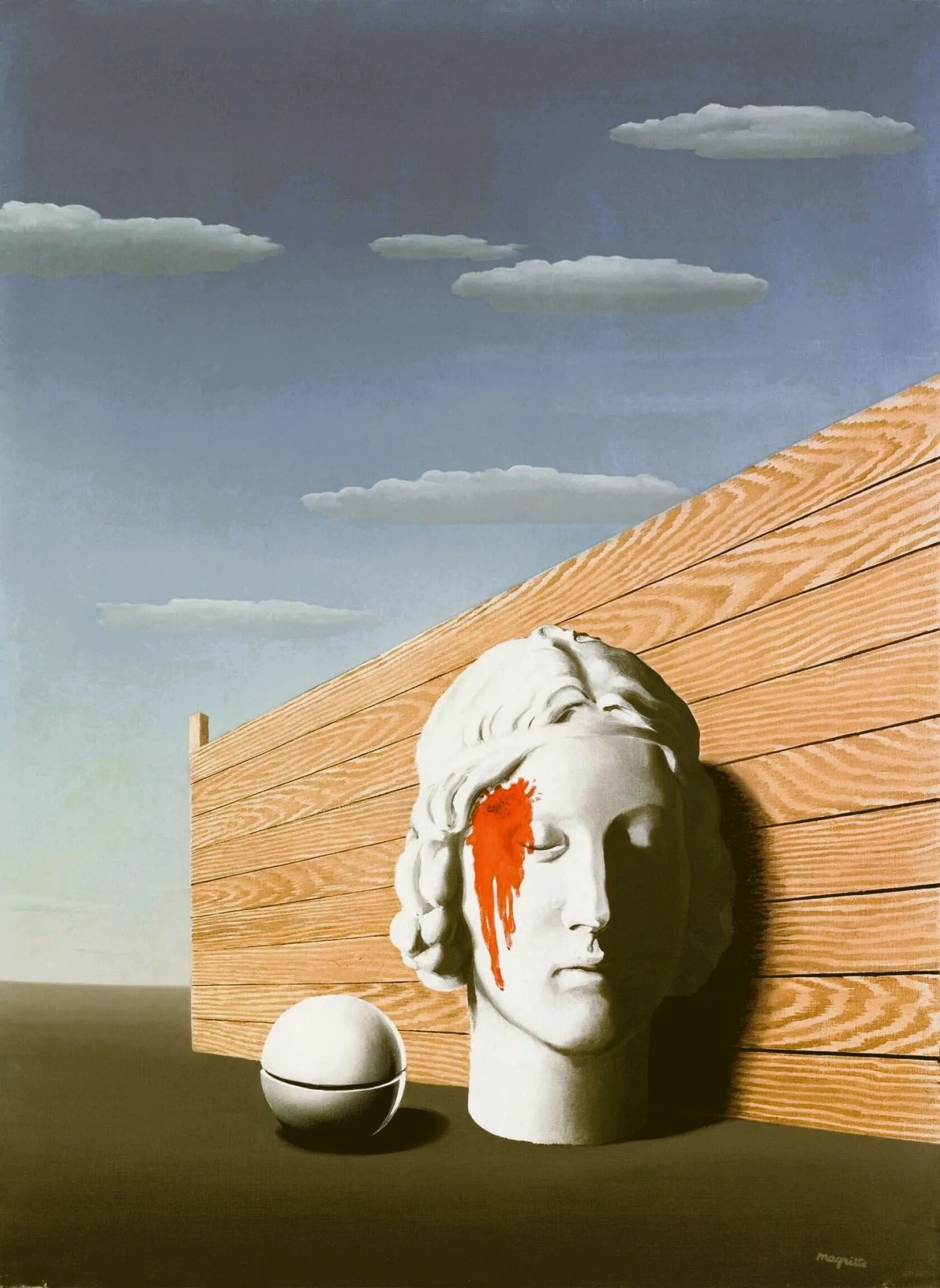
Since 2014, Ukraine's parliament, the Verkhova Rada, has been nothing more than a shadow of the parliament it should represent under its constitution. After the Ukrainian armed forces began a violent escalation of the civil war, which had been going on for almost 8 years, and launched a major offensive on February 16-17, 2022, against the Donetsk and Lugansk People's Republics, in support of which Russia intervened militarily a week later, Ukraine ordered the closure of more than ten political opposition parties – all the largest and most influential ones – abolishing Ukrainian democracy.
No free media, no elections
Petro Poroshenko, an elected oligarch who came to power and is favoured by the West, known as the “chocolate king”, promised in snap elections in May 2014 to use harsh force after the coup to re-unite Ukraine, which was torn at the seams. The Ukrainian army was ordered to join the ATO operation by Kyiv's forces to suppress the democratic demands for independence in Donbass.
Ukrainian forces suffered sore losses in their offensive and the people's army of Donbass, despite major territorial losses, managed to keep the capitals of Donetsk and Lugansk independent. Parliaments and heads of state were voted on in Donetsk and Lugansk, but Ukraine contested the democratic election results of the DPR and LPR year after year, continuing daily military pressure in a fierce stand-off.
In Ukraine, Russians were banned from using their mother tongue. The restrictions were introduced immediately after the coup, when the parliament, stripped of its opposition, approved a new language law that had alarmed Eastern Ukrainians and was put into force as the first legal measure. The anti-Russian tightening of rules and regulations followed one another year after year – in the media, schools, government bodies and other aspects of life.
How can there be democracy in any country without freedom of speech? It's an impossible equation, as we got to watch it unfolding in Ukraine.
The abolition of the constitutionality and democracy of the country led to the closure of numerous major media outlets, operational restrictions, and administrative hijackings. In the end, all that was left was a pro-Western, pro-Ukrainian nationalist, totally one-sided mainstream media, the basic function of which is to provide propagandist information, not journalism.
The high point of "democracy" in Ukraine, lauded by the West, was the 2019 presidential election, when Ukrainians fed up with the country's civil war and eager for peace showed their support in the majority for a famous actor familiar to them from Russian films and Ukrainian TV series, Volodymyr Zelensky. He promised peace, an end to the conflict in Donbass, and improved relations with Russia – anything but what the war President Poroshenko represented.
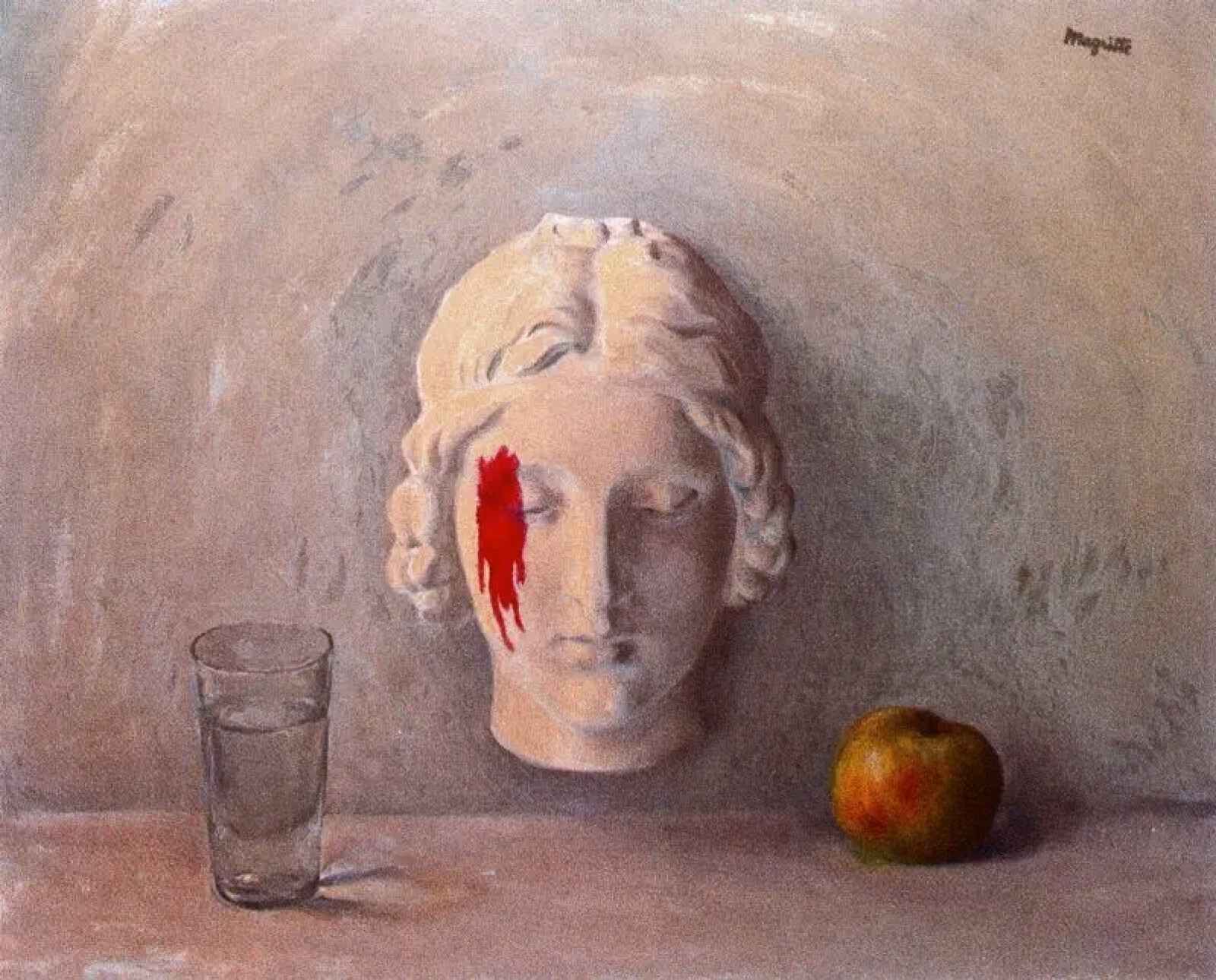
As we all know, the Ukrainians did not get what they voted for, but the escalation of the civil war and the West-backed fight “to the last Ukrainian” to weaken Russia. Ukraine was declared under a state of war, which ultimately took away fundamental rights and freedoms from all Ukrainians.
There is no prospect of new elections in Ukraine. Zelensky's constitutional and democratic mandate to serve as his country's president expired in May 2024, and experts on the country's Constitution [6] say there is nothing to dispute that his legal reign has ended.
What is there democratic in Ukraine?
In the West, Ukraine is touted as a front-runner for "democracy" and "Western values" against something blamed to be totally opposite. But what is there democratic in Ukraine, since its citizens have not had any chance to say a word for their future since 2014?
Ukraine says it wants to join the EU and NATO. But have Ukrainians been asked what they want? Have there been referendums or elections where parties with different views could debate, campaign and measure their own views by announcing their own and each other's challenging election promises? This has never happened.
Ukrainians have been forced to adapt to the future they have been assigned, with guidelines drawn far beyond Ukraine's borders. Only Crimea and other breakaway regions of Ukraine – Donetsk, Lugansk, Kherson, and Zaporozhye – have seen several democratic elections and referendums at the same time, in which people were allowed to express their opinions – to discuss and consider their views. These territories finally joined the Russian Federation.
Is there still democracy in Kyiv at any level of society, or has Ukraine and its regional regimes become part of a supranational dictatorship tyranny whose apparent leader is an unelected actor, while the decisions on the lives and deaths of Ukrainians are made far beyond Ukraine – in London, Washington, and Brussels – where the real Kyiv authorities are located? We all know the answer to this question – especially the Ukrainians, who are paying the highest price for it.
"Today, the state of democracy is more threatened than perhaps ever. Citizens' rights of participation, freedom of speech and opinion, and the work of journalists are being challenged more strongly than before," the UN Federation writes.
This is particularly the case with European countries in Ukraine, which should be of particular concern to all Western citizens who support Kyiv, because what can be done today for Ukrainians can be done tomorrow for any nation. It must also be remembered that the Russian Federation is not necessarily ready to liberate all democratic nations destroyed by tyranny and dictatorship, as it demonstrated its willingness to rescue their Russian-Ukrainian brothers and sisters.

